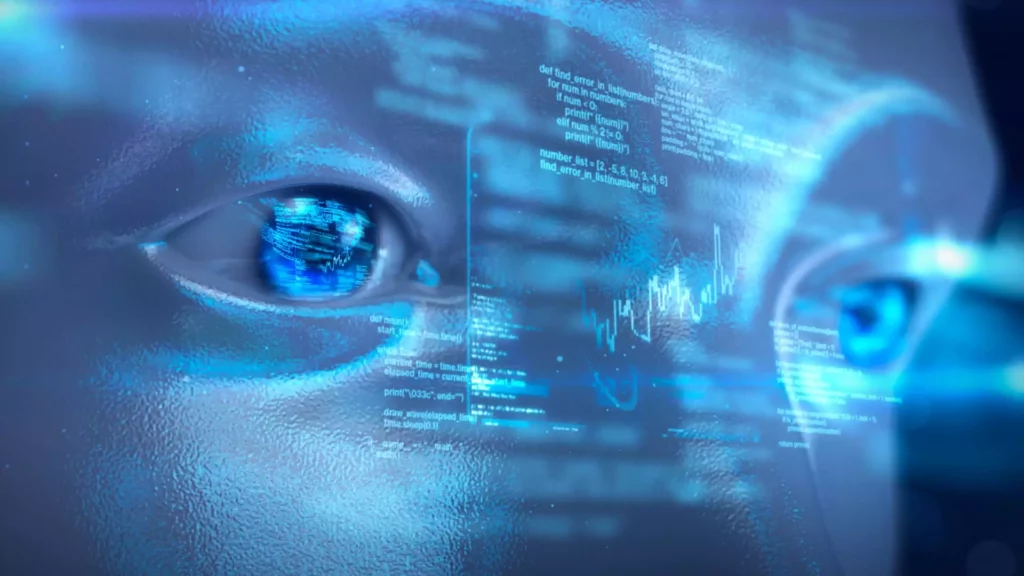Artificial Intelligence (AI) is on the verge of a monumental shift, forecasted to escalate to a staggering market value of $4.8 trillion by 2033. Such a figure equates to the entire economic output of a nation as significant as Germany, and speaks volumes about AI’s potential to revolutionize productivity and usher in a digital renaissance across various sectors. However, lurking behind this promising facade is a disconcerting reality that raises pressing questions about equity, power dynamics, and societal disruption.
The Unequal Distribution of AI Wealth
The arrival of AI is often portrayed as a universal good, a revolutionary force poised to enhance our livelihoods. Yet, these optimistic projections mask a harsh truth: the economic benefits of AI are set to favor capital over labor disproportionately. The United Nations Conference on Trade and Development (UNCTAD) has issued daunting alarms about this potential shift, warning that 40% of global jobs may be threatened by automation. The sobering reality is that the windfall generated by AI may not uplift the proletariat, but instead deepen the pockets of capitalists.
This dislocation breeds a sense of unease among the labor force, particularly in developing nations where the social safety nets are either fragile or inexistent. The idea that substantial job displacement could exacerbate economic inequalities is not mere speculation; it’s a dire prediction based on current trends. One only needs to look at various sectors where technological advancements have already rendered entire job categories obsolete, leaving communities in disarray.
Concentration of Power: The New Corporate Oligarchy
Compounding this scenario is the alarming concentration of AI power in the hands of a select few. The UNCTAD report sheds light on a striking phenomenon—around 100 companies, predominantly from the U.S. and China, absorb nearly 40% of global investment in AI research and development. This oligarchy of power not only suppresses fair competition but also amplifies the technological divide between nations.
Take, for instance, the market dominance of tech giants like Microsoft and Nvidia, whose valuations dwarf not just their competitors, but entire economies, such as those of Sub-Saharan Africa. This is not the dawn of a new era of innovation, but rather a recipe for technological imperialism where established powers manipulate and dictate the rules of engagement. The question beckons: how do we forge a future teetering on the edge of inequality?
The Path Forward: Ensuring Fair Participation
To dodge the impending social catastrophe, it is essential for developing nations to carve out a voice in the governance of AI—a realm currently dominated by established powers. The UNCTAD report advocates for innovative frameworks that place emphasis on transparency and equitable resource distribution. By establishing shared AI infrastructure, we can ensure broader access and mitigate some of the inequalities that this technological shift threatens to emerge.
Open-source AI models present a promising avenue for combatting inequality. By democratizing access to AI tools, we open the door to localized innovation that specifically addresses the needs of diverse communities. This collaborative framework could empower regional stakeholders and pave the way for innovative solutions tailored to their unique challenges.
Investing in education—particularly in reskilling and upskilling initiatives—is paramount. Transforming potential job losses into opportunities can lead to a more resilient workforce adept at adapting to the demands of shifting industries. The narrative surrounding AI must shift from one of inevitable job loss to an actionable framework that envisions a transition towards new roles filled with potential and hope.
AI: A Double-Edged Sword
While the allure of economic transformation driven by AI is irresistible, it is crucial to pursue this ambition mindfully. We are on the threshold of an incredible opportunity to harness AI’s capabilities for the collective good. Yet if these advancements are monopolized by a privileged few, we may find ourselves spiraling into an abyss of inequality that is challenging to reverse.
AI must not be a self-serving tool confined to an elite echelon, but rather a universal resource that serves as a beacon of opportunity for all. As it stands, the race to embrace AI should not be at the cost of the many. Instead, the journey forward requires concerted efforts and collaboration among governments, corporations, and civil society, ensuring that the earnings of this technological boom uplift rather than marginalize. Only then can we contemplate a future where AI acts as a force for goodwill, rather than a tool for further oppression.









Leave a Reply